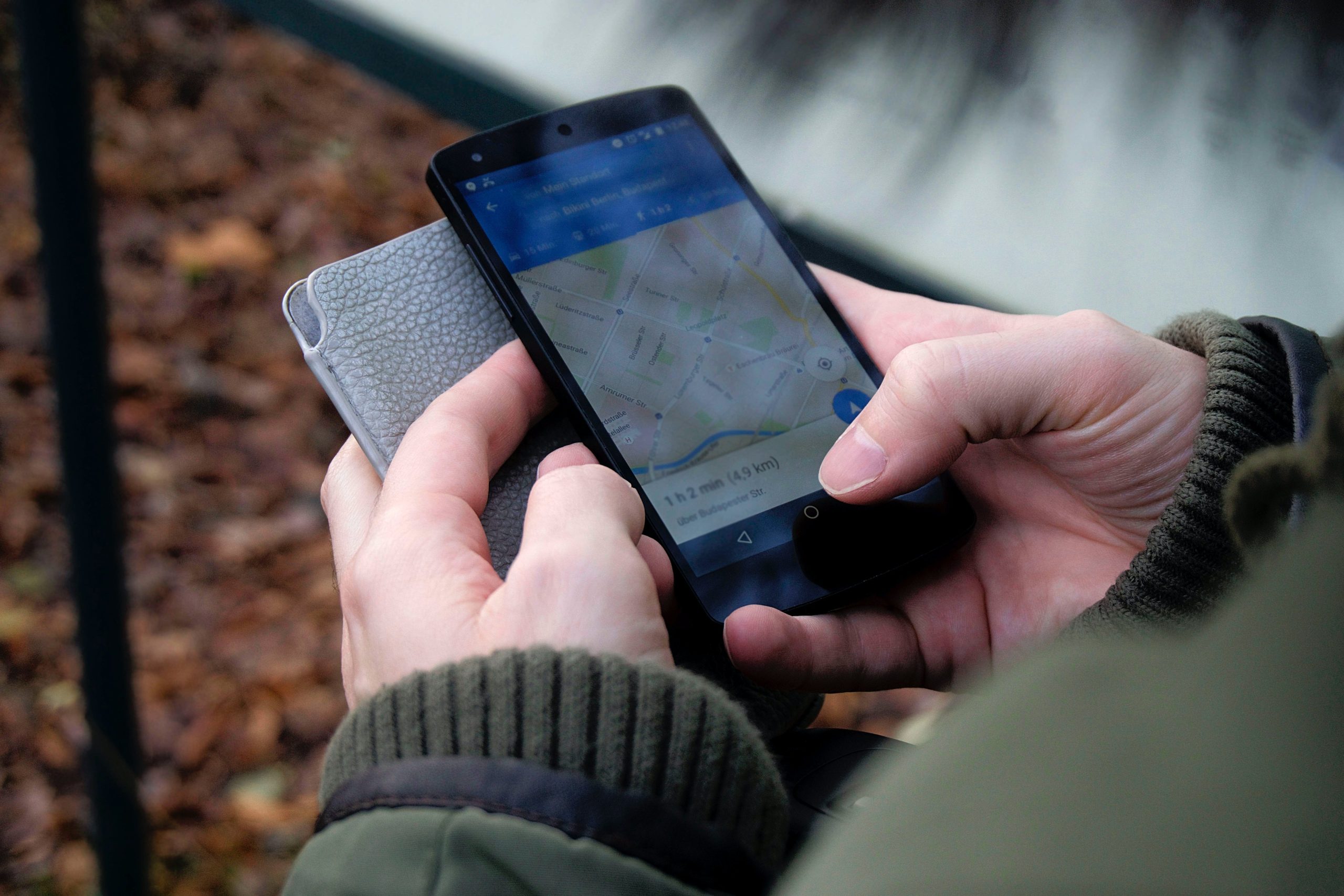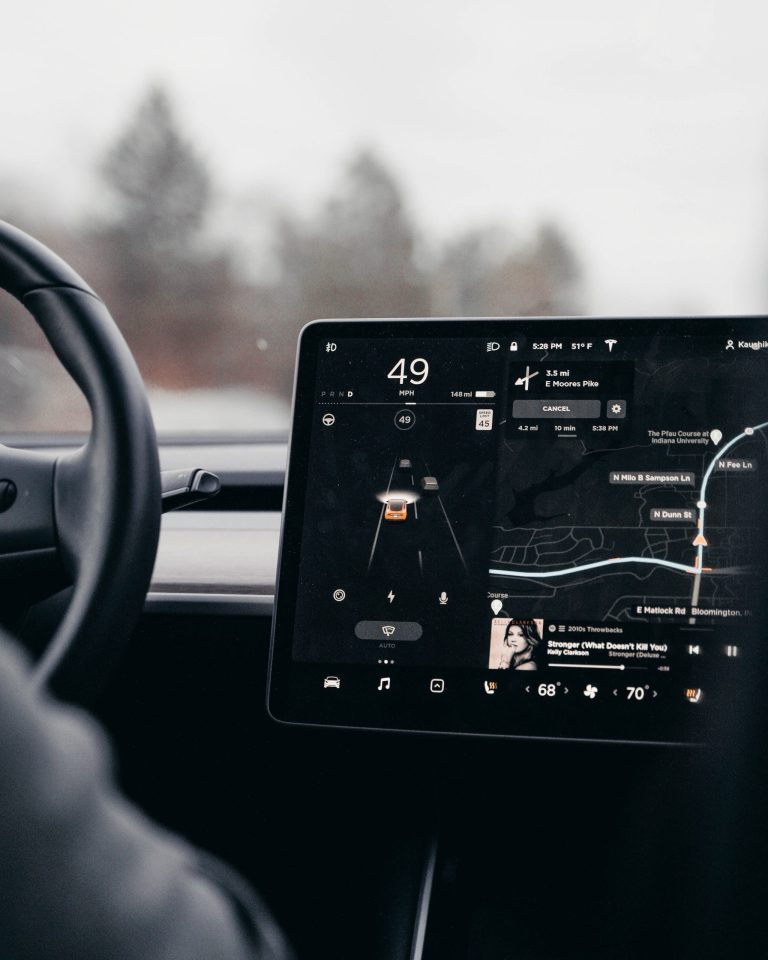The Ultimate Guide to GPS Car Tracking Devices: Navigating the World of Vehicle Security and Efficiency
Introduction
In today’s fast-paced world, the security and efficient management of vehicles have become paramount for both personal and business use. GPS car tracking devices have emerged as a revolutionary technology, offering a blend of safety, security, and convenience. In this comprehensive guide, we delve into the intricacies of GPS car tracking devices, exploring their benefits, types, how they work, and what to consider before making a purchase.
What are GPS Car Tracking Devices?
GPS (Global Positioning System) car tracking devices are sophisticated gadgets that use satellite technology to monitor the location and movements of vehicles in real-time. These devices have become increasingly popular due to their diverse applications, ranging from theft prevention to fleet management.
Key Features and Benefits
- Real-Time Tracking: Provides live location data, enabling users to monitor their vehicles’ whereabouts.
- Geofencing: Allows setting up virtual boundaries, alerting when the vehicle enters or exits predefined areas.
- Speed Monitoring: Tracks the speed of the vehicle, ensuring compliance with speed limits.
- Route History: Stores the vehicle’s travel history, useful for analyzing past journeys.
- Theft Prevention: Acts as a deterrent against vehicle theft and aids in recovery if theft occurs.
Types of GPS Car Tracking Devices
- Hardwired Trackers: Installed directly into the vehicle’s electrical system, offering a more discreet and permanent solution.
- OBD Trackers: Plugged into the vehicle’s OBD-II port, these trackers are easy to install and provide detailed vehicle diagnostics.
- Portable Trackers: These are battery-operated and can be easily switched between vehicles.
How GPS Car Tracking Devices Work
GPS car tracking devices communicate with a network of satellites to determine the precise location of a vehicle. This information is then transmitted to a server, where it can be accessed by users through specialized software or a mobile app. The device uses a combination of technologies, including GPS for location tracking and cellular networks for data transmission.
Choosing the Right GPS Car Tracking Device
Considerations for Purchase
- Purpose of Use: Determine whether the tracker is for personal security, fleet management, or other specific needs.
- Installation and Maintenance: Consider the ease of installation and the maintenance required for the device.
- Battery Life: For portable trackers, battery life is a crucial factor.
- Cost: Analyze both the upfront cost and any ongoing subscription fees.
- Additional Features: Look for extra features like engine cut-off, driver behavior monitoring, and custom alerts.
Best Practices for Using GPS Car Tracking Devices
- Ensure Legal Compliance: Always adhere to privacy laws and regulations related to tracking devices.
- Regular Maintenance Checks: Keep the device in optimal working condition through regular checks.
- Data Security: Choose devices with robust security features to protect sensitive data.
Conclusion
GPS car tracking devices offer an effective solution for enhancing vehicle security and efficiency. By understanding the different types of trackers, how they work, and what to consider when choosing one, individuals and businesses can make informed decisions that cater to their specific needs. Embracing this technology leads to peace of mind and improved management in the realm of vehicle operations.
The Future of GPS Car Tracking Devices
Looking ahead, the evolution of GPS car tracking technology promises even more advanced features. Integration with AI and machine learning could lead to predictive analytics for vehicle maintenance, while advancements in battery technology and network coverage will enhance the reliability and range of these devices. As we embrace these innovations, GPS car tracking devices will continue to play a pivotal role in shaping the future of vehicle management and security.
FAQs on GPS Car Tracking Devices
- Are GPS car tracking devices legal? Yes, they are legal for personal and business use, but it’s important to comply with privacy laws regarding tracking others’ vehicles.
- How accurate are GPS car tracking devices? Most devices offer high accuracy, typically within a few meters of the actual location.
- Can these devices track a vehicle in real-time? Yes, many GPS trackers provide real-time tracking with updates as frequent as every few seconds.
- Do all GPS car tracking devices require a monthly fee? Not all, but most require a subscription for data services. There are some models with no monthly fees, but they may have limited features.
- Can I install a GPS tracker myself? It depends on the type of tracker. OBD and portable trackers are typically user-installable, while hardwired trackers might require professional installation.
Final Thoughts
In summary, GPS car tracking devices are not just tools for tracking; they are comprehensive solutions for enhancing safety, efficiency, and management in our daily transportation needs. Whether for personal use or managing a fleet of vehicles, these devices offer unparalleled benefits, making them an essential part of modern vehicle management.
With advancements in technology, the future of GPS car tracking looks promising, offering even greater capabilities and applications. By staying informed and choosing the right device for your needs, you can leverage this technology to its full potential, ensuring a more secure and efficient transportation experience.







